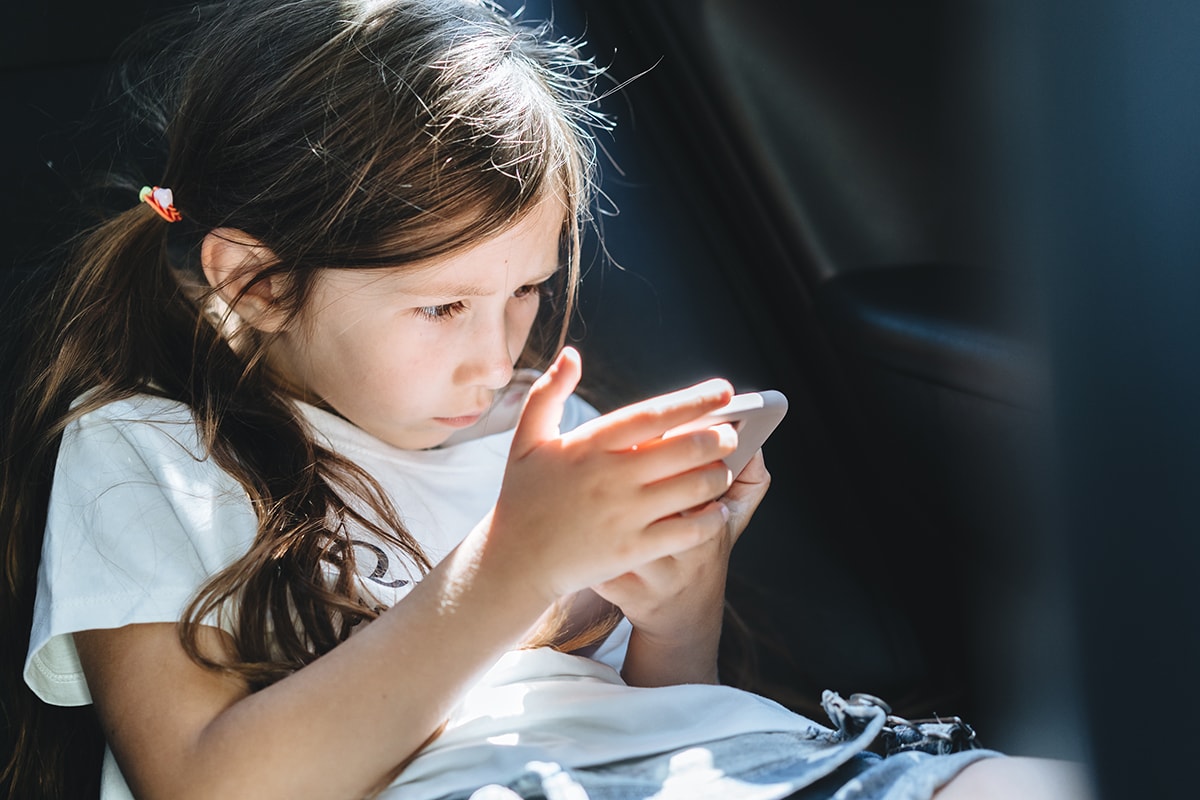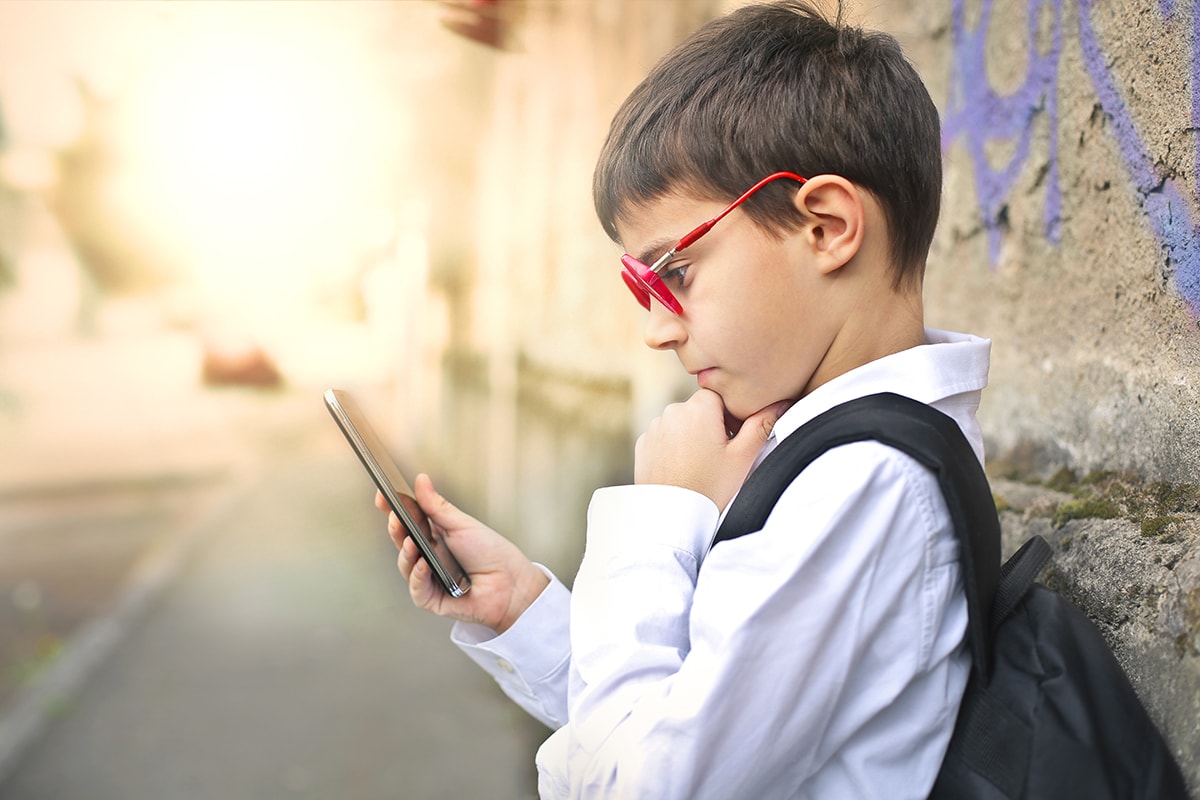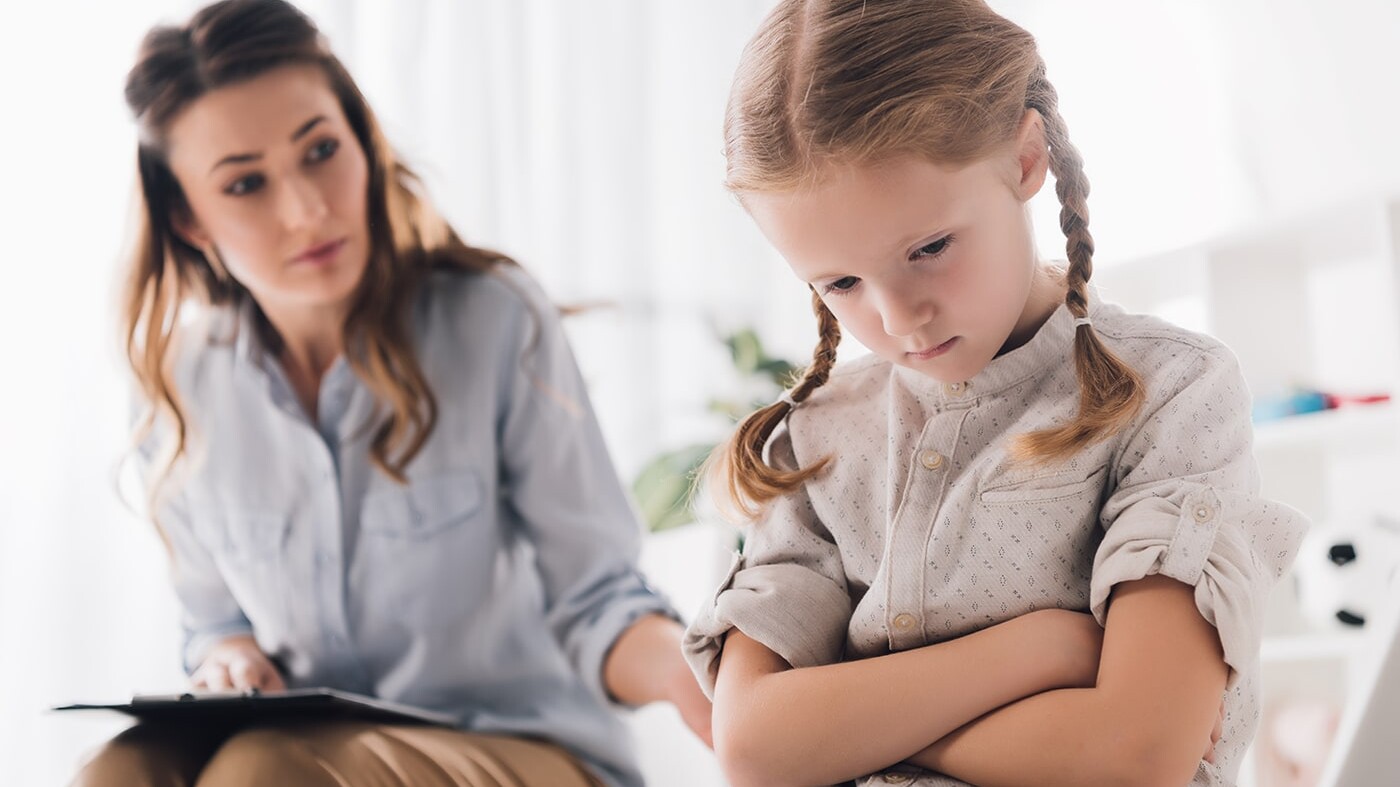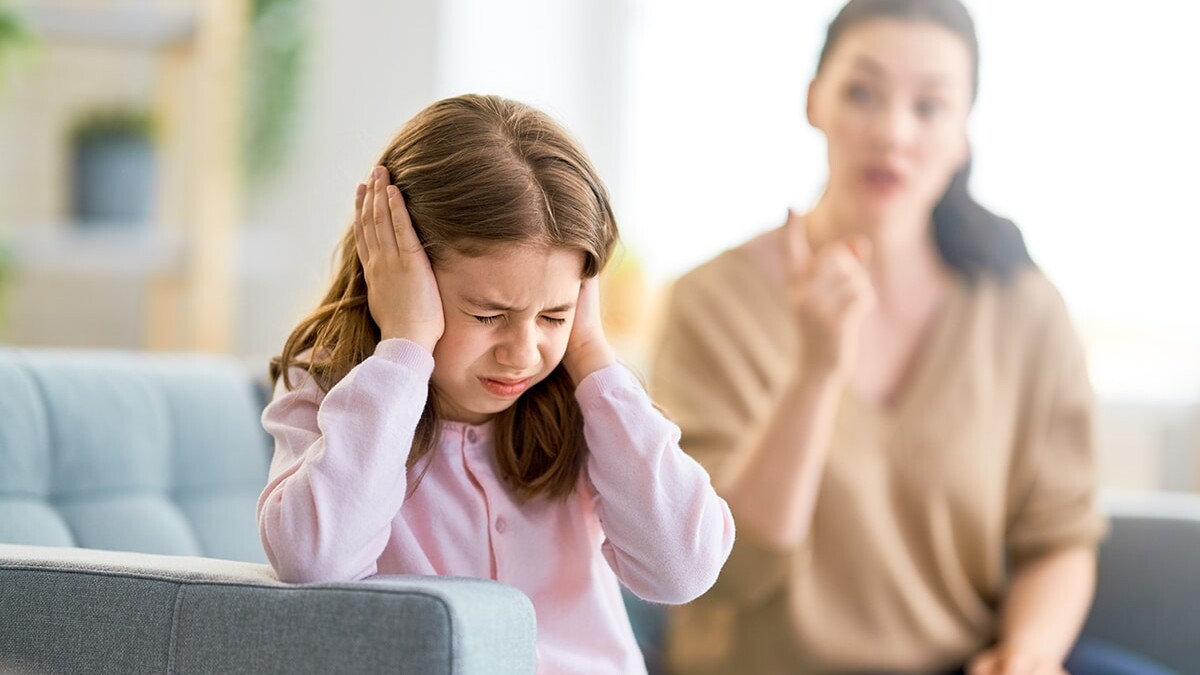Part 1 of the screen addiction story
Your child’s body and brain become overstimulated from too much screen time which triggers high inner stress. Your child’s nervous system goes on edge. And inflammation builds up in your child’s body and brain. The stress hormones will cause your child to be irritable, tearful, depressed, or rageful; have temper tantrums or meltdowns; fight with siblings or friends; and be defensive or reactive.
Part 2 of the story
Something else happens. The blood flow goes from the amazing frontal area of your child’s brain to the more primitive area of the brain. The result is that the frontal lobe is shut down. This is not good news because the frontal lobe is the part of the brain that is responsible for impulse control, mood control, empathy, creativity, movement, planning, understanding consequences, learning from experience and decision-making. And now it is not available to your child so they make poor choices, are impulsive, don’t think things through and can’t engage in meaningful conversations.
Part 3 of the story
This is a really unfortunate part of the story. The stress causes fight-flight-freeze behaviors that can look like symptoms of disorders such as depression, bi-polar, ADHD, psychosis, conduct disorders, ODD, OCD, panic attacks, PTSD and others. So, practitioners are diagnosing and medicating children for ‘disorders’ that are not real disorders, without understanding that the symptoms they are seeing are related to stress, triggered by screen addiction.
Part 4 of the story
One last piece to this story. We, as Moms and Dads, get stressed. We feel frustrated, angry, upset and worried, so we argue and complain and yell at them to get off their screens. We may lecture and explain and bribe them. We may punish then with consequences. Now WE are in stress mode! And when we do this, we create the very last thing we need or want – our stress increases our children’s stress level, their nervous system is even more on edge and their bodies and brains become even more inflamed. And then they need to self-medicate with even more screen time.

The Question is this: What is the root cause of this all?
There is a deep underlying root cause for your child’s addiction to screens.
If you understand what the original trigger is for the addiction, and you heal this trigger, there will be no need for the addiction.
This 3-minute video will explain all about this hidden reason your child turns to screens.
And why screens become a powerful way to self-medicate.
Where does this belief come from?
The truth is that it happens when a parent is stressed and communicates in ways that cause the child to start believing that, ‘the way I show up is not good enough. I am not good enough’ .
No parent does this intentionally. This happens when parents are stressed.
It is hugely important for Moms and Dads to learn the skills of how to create a positive self-belief in their child and build the child’s emotional resilience. This cannot be done by trying to convince the child that they are wonderful. It has to be done in a way that HEALS the child on the inside. I would love to teach you how to do this.

What Can We Do?
1. Come to terms with the fact that our children have to live in a world of screens. As unfortunate as that is, screens are here to stay.
2) Understand that the WAY we deal with your child’s screen addiction problem will either significantly increase the problem or reduce it significantly. In other words, how we interact and communicate with the child about this is critical.
3. Understand that your child is hurting inside and that you CANNOT treat the addiction until you have HEALED the inner hurt.
4. Understand that you cannot heal your child’s inner hurt until you have learned new, calm, ways of being with your child.
5. The very first step is for Moms and Dads to learn how to find their truly calm, happy inner self, so that they can communicate with the child in a calm, (truly calm, not fake calm) way. And to learn the language of being a healing parent, rather than a frustrated, anxious, angry parent.

Much of the success of this depends on you as a parent.
Be prepared for the fact that putting this into action, will mean that you will have to make some changes to your lifestyle and become more actively involved with your children in ways you were not before. (It is well worth the effort because screen addiction has extremely negative long-term effects on our children’s lives).
Your role will change from complainer, enforcer, punisher, worrier, and nagger to being loving, compassionate parents who understand and support the inner being of their child.
Learn how to reduce your own stress and communicate in healing ways with my Parenting That Heals Program.
Once you have mastered being calmer, less stressed and anxious, you can then use the strategies I teach in my Healing Screen Addiction program.
And very importantly, become a role model of spending less time on your own screens. Share with them how YOU are reducing your screen time. Commit to this and let them see you acting on it.
Have fun! And good luck.
Let me know your thoughts, your successes and your challenges with this.

Dr. Sandy Gluckman is a parenting therapist for families that have children with learning, behavior and mood challenges. She uses an integrative approach, which she calls ‘spirit-body-brain medicine’ for treating children with Anxiety, ADHD, Defiance, Depression, Low Motivation and Low Self Esteem, and much more. Her practice is called Parenting That Heals. This blog is for informational purposes and not intended to take the place of a licensed healthcare provider. Contact Dr. Sandy Gluckman in Dallas (Frisco) Texas at 214-682-8980 or sandy@gluckmangroup.com. She is the author of the book: Parents,Take Charge: Healing learning, behavior and mood challenges without medication. A 3-Step Program.
Subscribe to my YouTube Channel and Facebook page where you will learn powerful parenting tools for healing your child.
You May Also Like...
Does your Child Believe: ‘I Am Not Enough?’
https://www.youtube.com/watch?v=WCPNkFKpu54&t=15s We all want our kids to go into life with…
How to Help a Highly Sensitive Child
Dear Wonderful Parent I hope this message finds you wrapped in a moment of peace amidst the storm…
3 Steps to Manifest Your Wildest Dreams for your Child in the New Year
New Year is a time of great gratitude and excitement for me. Gratitude for the amazing things that…
Your Children can Sense Your Anxiety, Stress or Sadness, 4 Tell-Tale Signs
When our children are anxious, worried, or sad, it is very often because they are picking up that…
Choosing the Right Practitioner for your Child
In a world where too many kids struggle to learn easily, feel good and behave positively, there is…
YOU Can Heal Your Child’s Anxiety
The condition we call ‘Anxiety’ has now reached epidemic proportions amongst adults and children.…
4 Parenting Mistakes that Create Anxious Kids
We all want our kids to become their very best selves. We support, encourage and prod them so that…
Is Your Child Really Smart in Some Ways and Really Challenged in Other Ways?
I am truly blessed because I get to do what I love every day, working with some of the smartest and…










